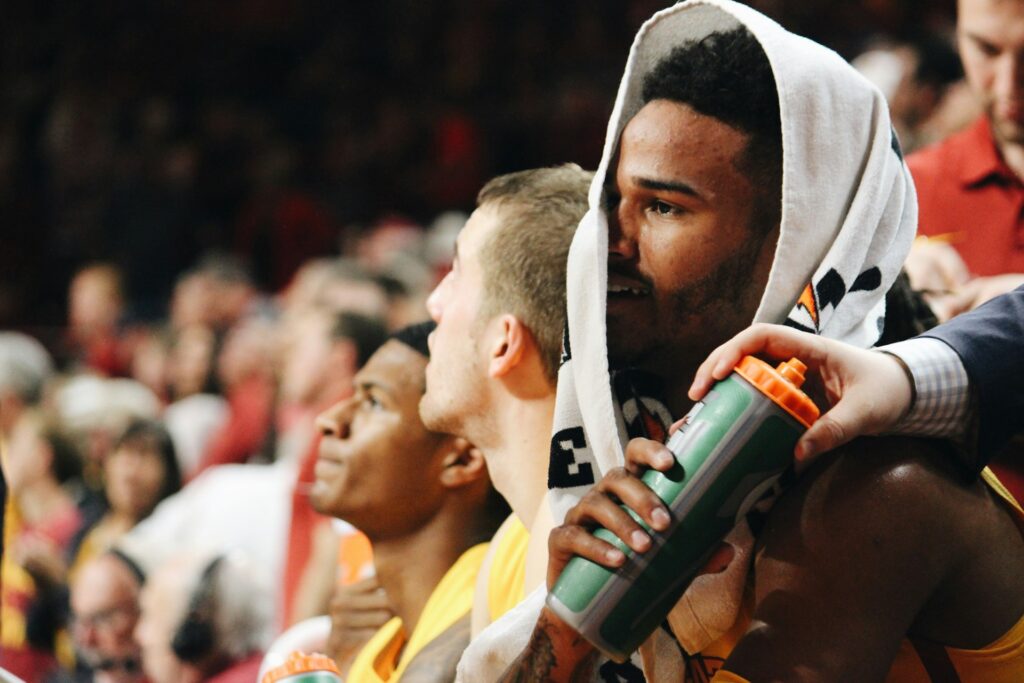This week, the AIA just passed a brand new 20 point differential rule. The rule states that teams will recieve more powerpoints in their rankings for beating teams by 20+ points. This rule will give some coaches a few extra things to think about as they determine how to close out games.
The Good
A win is a win, no matter what the score is. Although, there is a big difference between beating a team by 5 points, and beating a team by 20+ points. Rewarding teams for beating their opponents (within reason) does a great job of giving a more accurate power rankings algorithim. In some cases, teams that have wins over the same opponents are not equal in their ability to compete for a state title. This 20 point differential will help to separate those more effectively and ultimately give the most accurate seeding for the end of the year tournament.
The Bad
Coaches, and players, have so many split second decisions to make throughout the course of a basketball game. One could make a strong argument that thinking about beating a team by a certain number of points shouldnt be a thought in ANYONES mind. Whatever happened to just competeing every single play, no matter what the score was? Whats to stop a team of teenage boys from competeing at 75% just because they are up by 30 and they are well past the threshold of 20 points? Coaches pushing their players to keep the score at a certain margin could cause complacency. “We are already up by 27. The job is finished coach!”
The Ugly
I have played for coaches that had a hard time putting in the “practice players” at the end of games. I vivdly remember a coach that wouldn’t clear the bench unless they were winning by 40+. Some coaches are better than that, but it can be challenging to find the right time to put those types of players in the game. It is special when those kids get to play in an actual game situation though! The biggest negative I can see with this new rule, is how it could add to this problem. If a team is hovering right around the 20 point mark against a team, will the coach be willing to put a “practice player” in the game and risk losing some powerpoints? At the end of the day, what is more important? Gaining more powerpoints, or giving an athlete the playing time that he deserves?
Jeff Luera
The Arizona Small Ball Podcast

